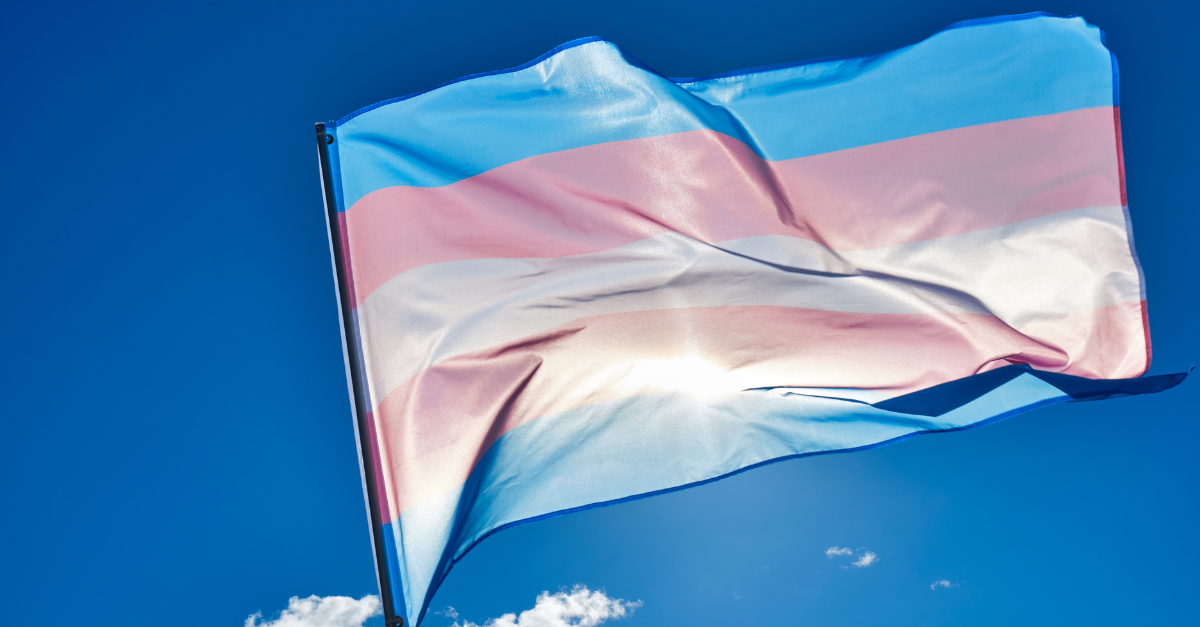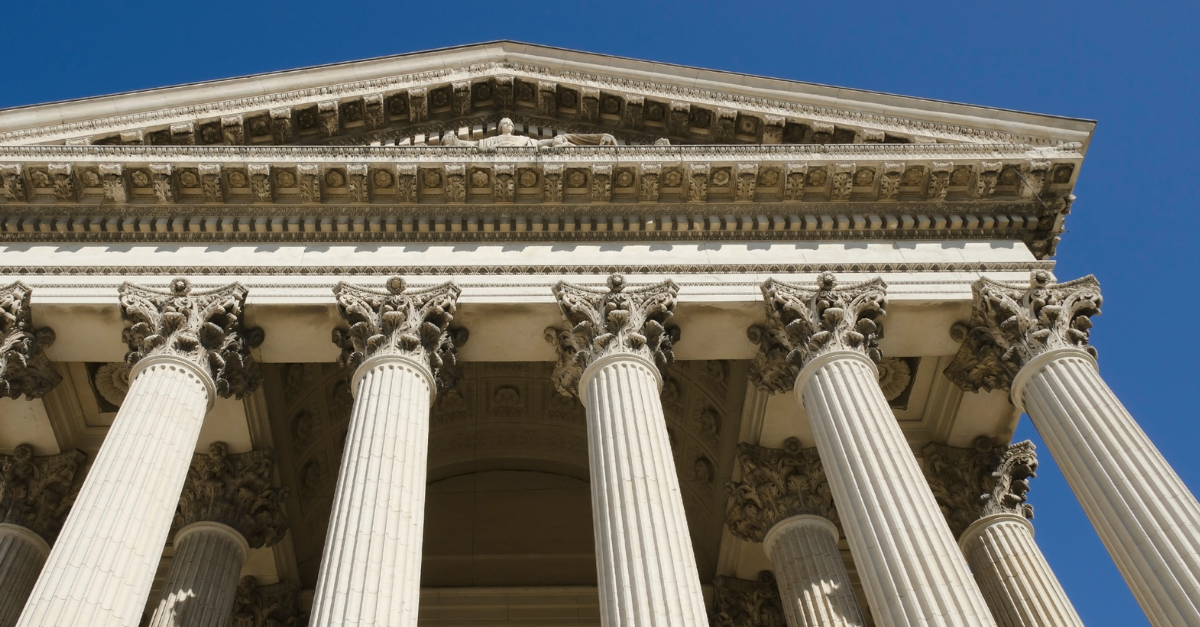NAWL finds Judge Barrett to be "Not Qualified"
NAWL finds Judge Amy Coney Barrett to be "Not Qualified" for the position of Associate Justice of the United States Supreme Court.
October 10, 2020 -- An extensive review of almost 120 opinions, concurrences, and dissents written or joined by Judge Barrett, as well as articles and books she authored or coauthored, interviews of over 40 litigants, former law clerks, former and current colleagues, and others who have interacted with Judge Barrett persuaded the Committee that Judge Barrett is “Not Qualified” because she has failed to demonstrate the requisite “commitment to women’s rights or issues that have a special impact on women.” Specifically, the Committee concluded from this research that (i) Judge Barrett’s judicial philosophy of originalism is fundamentally at odds with a commitment to women’s rights and (ii) Judge Barrett’s personal views on reproductive rights will lead her to support further restrictions on, if not the elimination of, women’s autonomy in their reproductive rights decisions.
September 29, 2020 -- NAWL objects to the timeframe established for the Senate Judiciary Committee hearings on the nomination of Hon. Amy Coney Barrett to the Supreme Court of the United States.
Since 2005, NAWL’s Supreme Court Committee has conducted a comprehensive review and evaluation of the qualifications of each nominee to the United States Supreme Court, with a specific focus on laws and decisions regarding women's rights or that have a special impact on women. At the conclusion of this process, the Committee publicly issues a summary evaluation, which includes a conclusion as to whether the nominee is Well Qualified, Qualified or Not Qualified. The opportunity to ensure that every nominee is accorded fair consideration is of the utmost importance. Following the nomination of Judge Barrett, NAWL’s Committee immediately commenced its non-partisan evaluation process, which will proceed as expeditiously as possible, consistent with a thorough and fair review.
As we commemorate the 100th Anniversary of the ratification of the 19th Amendment establishing women’s right to vote, we remain ever mindful of a history in which women’s voices were not heard and their concerns were ignored. The Senate advice and consent process must allow sufficient time for thorough, unhurried, and unbiased consideration, and for a diverse variety of voices to be heard. This process is vital to the public’s perception of the federal judiciary as a fair and independent arbiter of justice, and must not be rushed by political expediency, particularly where a lifetime appointment to the nation’s highest court is at stake. We urge the members of the Senate to establish a timeframe consistent with prior nominations for the United States Supreme Court, which necessarily must be sufficient to allow for a complete evaluation of the nominee’s background and credentials. Without doing so, the Senate cannot be properly and completely informed when fulfilling its critical responsibility to provide advice and consent.





